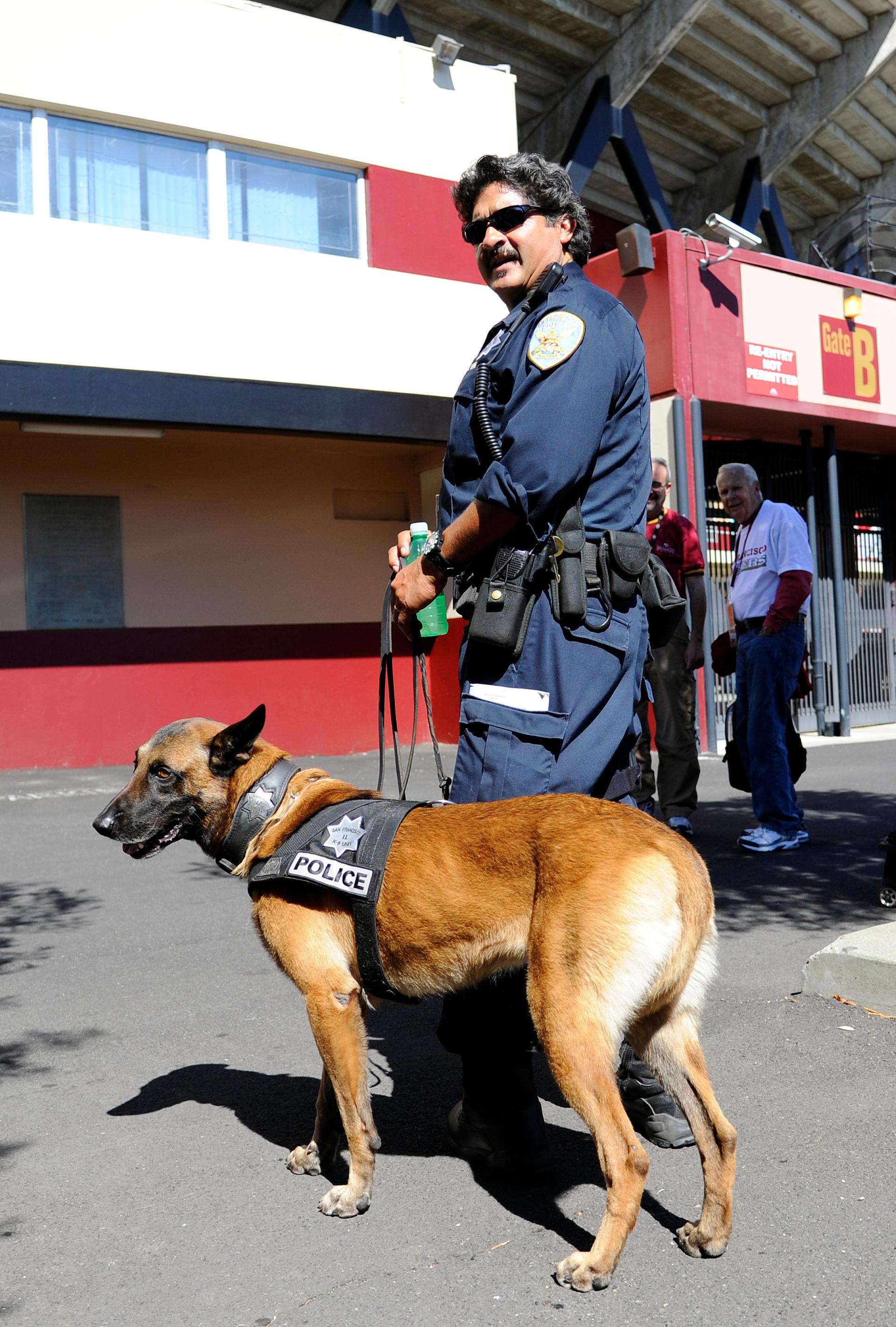No longer a crime to use “insulting words” in the UK, rules House of Lords
When it’s man vs. police dog, everybody better watch out.
Feel the need to be insulting in England?
Good news: it's now become legal again to publicly sass somebody in the United Kingdom, after the government decided to scrap Section 5 of the 1986 Public Order act , which made "threatening, abusive or insulting words or behavior" criminal.
Read more from GlobalPost: Canadian beaver testicles become a political insult
The law, long critiqued by free speech advocates, was applied in such a way that a young Oxford man who inquired if a police officers horse was "gay" was arrested and asked to pay a fine (which he declined to do), writes the Telegraph.
A 16-year-old in Newcastle was fined a total of $241 for the crime of saying "woof" to a Labrador Retriever police dog in the presence of officers — although his conviction was later overturned.
The BBC writes that the House of Lords voted to remove the word "insulting" from Section 5 to prevent such ridiculous incidents from occurring again, and to safeguard free speech in the UK.
Read more from GlobalPost: Woman fined for 'racist' rant in which she accuses New Zealand woman of being an Australian
It will now be legal to use "insulting" language as long as a specific victim of the vitriol cannot be identified, writes the Guardian, eliminating a loophole that some claim the police had abused.
"We are unable to identify a case in which the alleged behavior leading to conviction could not properly be characterized as 'abusive' as well as 'insulting,''' wrote British director of Public Prosecutions Keir Starme ahead of the Lords vote.
"I therefore agree that the word 'insulting' could safely be removed without the risk of undermining the ability of the CPS to bring prosecutions."
Critics of the removal argue that the inclusion of the word "insulting" in the Public Order Act helped to protect minorities from discrimination, writes the BBC.
